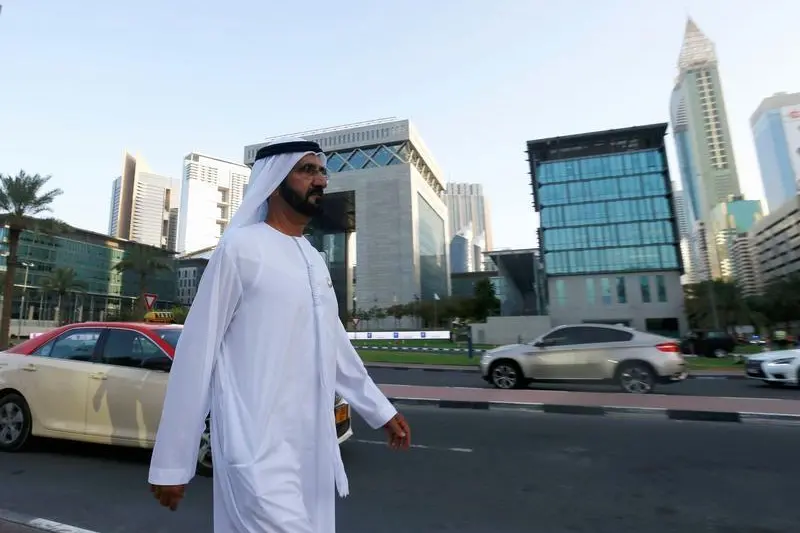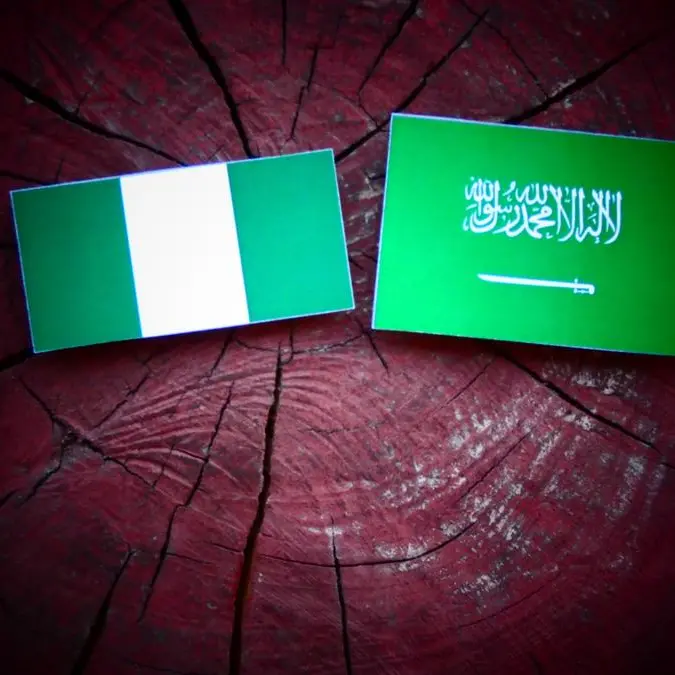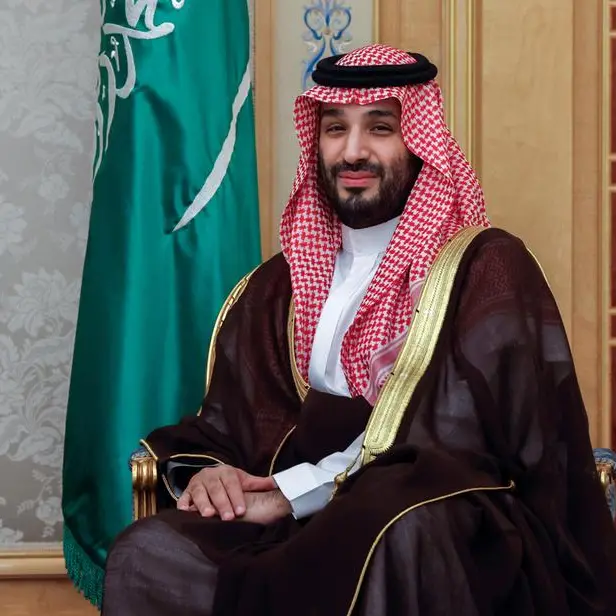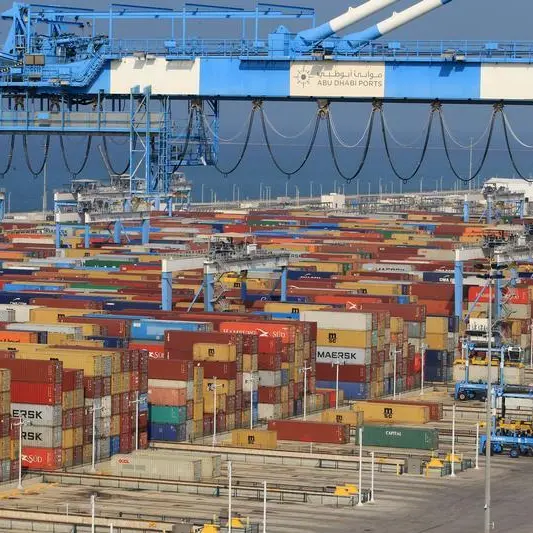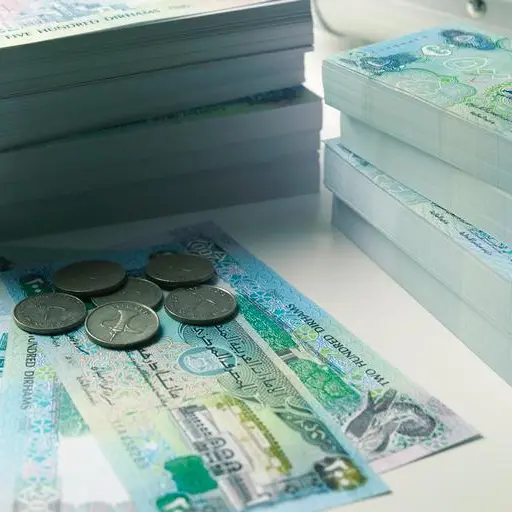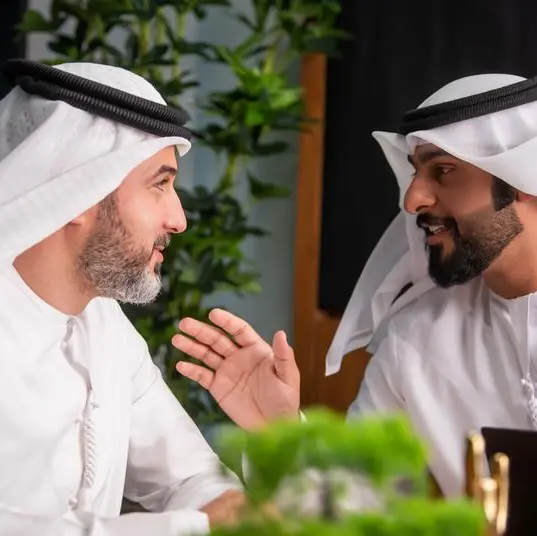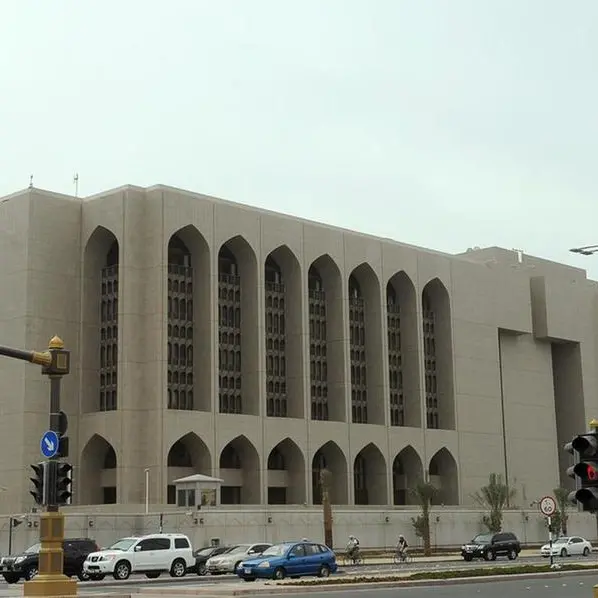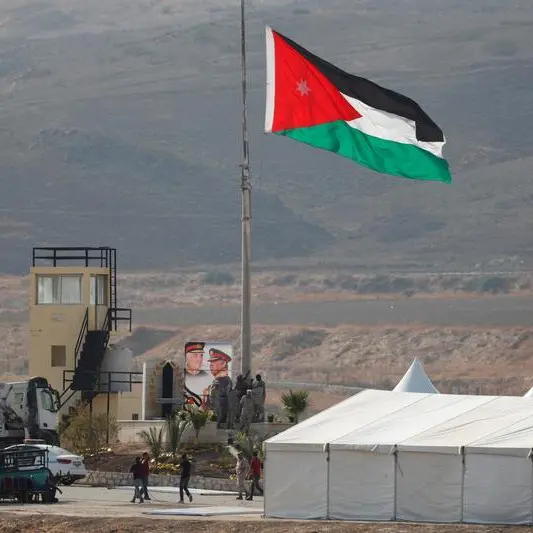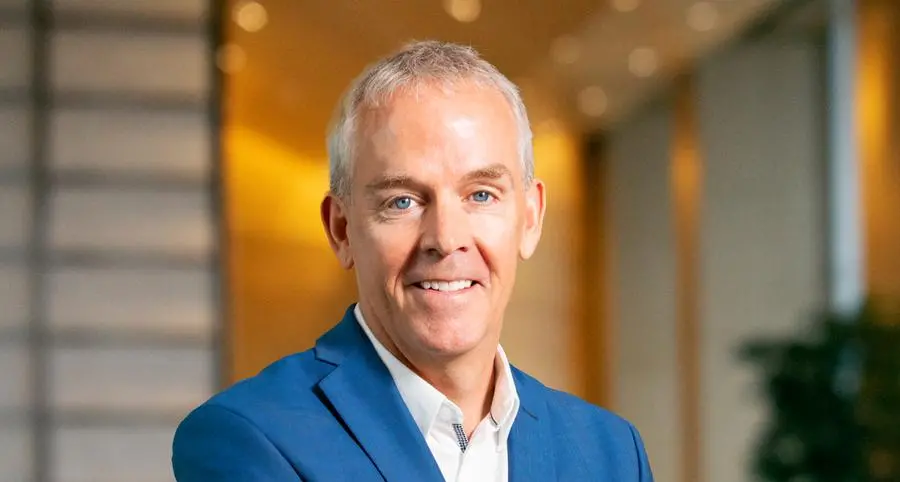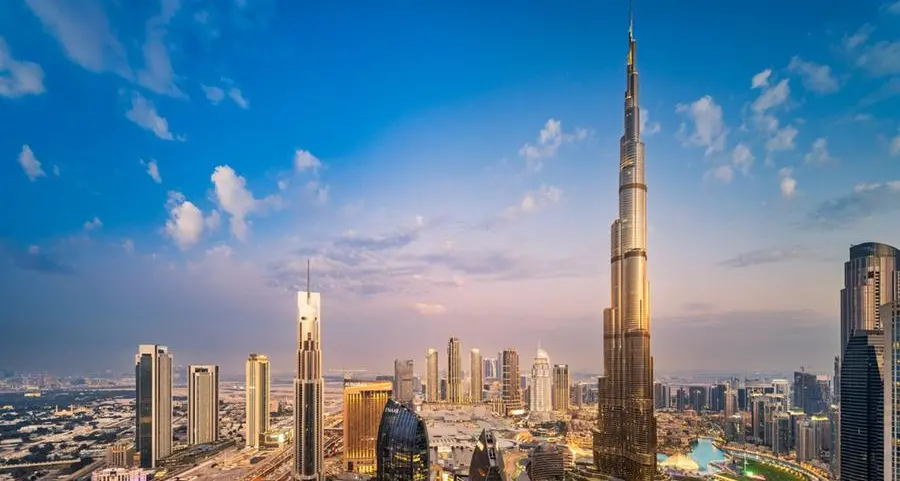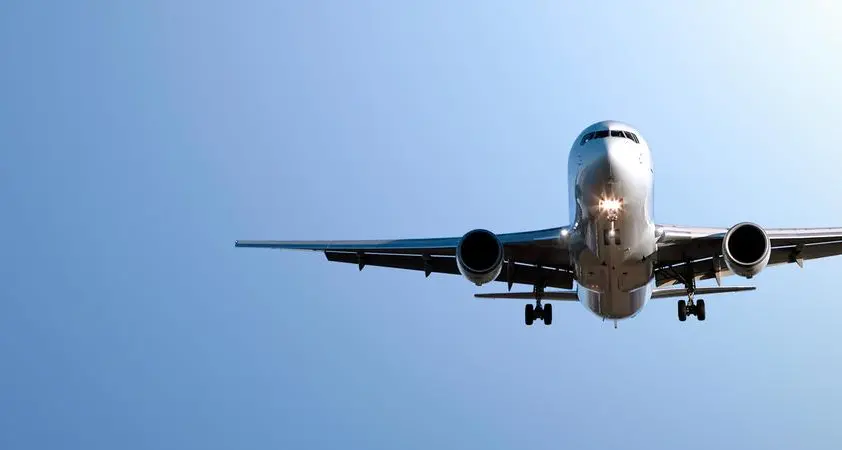PHOTO
A new charter setting out a vision for Dubai for the next 50 years has spelled out proposals for the emirate to be a "crossroad between east and west".
A new charter issued by Sheikh Mohammed bin Rashid Al Maktoum, vice president and prime minister of the United Arab Emirates and ruler of Dubai, contains nine articles setting out a vision for the emirate over the next 50 years, with the aim of creating a 'Dubai Silk Road' being the first.
The document highlights the size of Dubai's airport, which connects more than 200 cities, and the fact that it operates around 80 ports globally through operator DP World.
"Our next goal is to build our own Silk Road in co-operation with our friendly neighbours," the charter, issued to promote Sheikh Mohammed’s 50th year of public service, stated.
"Our region has historically been a region of civilization and trade, and this role must be restored," it added.
The second of the nine articles setting out goals for the city include the creation of a geo-economic map of Dubai, which will set up specialised economic zones around the city, with each having its investment goals, its own council to market it, and a governor to oversee it.
The third article calls for the creation of the first "virtual commercial city", which will grant commercial licences to entities without the owners having to reside in the city. The charter said that "the city will allow investors to open bank accounts and grant e-residences according to best international laws and regulations". It aims to have 100,000 companies operating in the virtual city.
Other articles with an economic base include a plan to set up creative and economic zones around both public and private universities allowing students to easily spin-out ventures from any research they do, and a longer term plan to set up a number of cooperative companies "in various sectors" to provide income for the emirate's citizens. These could come about "through privatisation, and establishing cooperative companies owned by citizens in a number of vital sectors", the charter document said.
Other articles contained in the charter include plans to create a central educational database for each citizen to help develop lifelong learning skills, creating a system where each citizen has 24/7 access to doctors or medical consultants, a plan to make at least one-tenth of citizens' homes entirely self-sufficient in terms of energy, water and food requirements and a proposal to boost philanthropy.
(Writing by Michael Fahy; Editing by Shane McGinley)
Our Standards: The Thomson Reuters Trust Principles
Disclaimer: This article is provided for informational purposes only. The content does not provide tax, legal or investment advice or opinion regarding the suitability, value or profitability of any particular security, portfolio or investment strategy. Read our full disclaimer policy here.
© ZAWYA 2019
